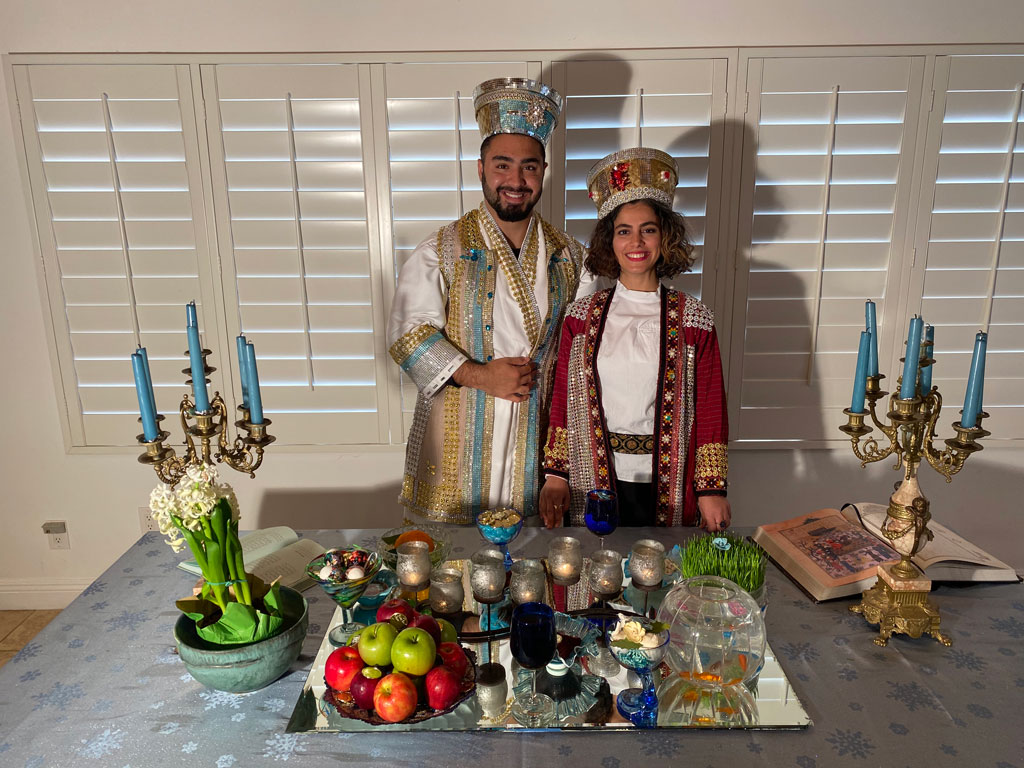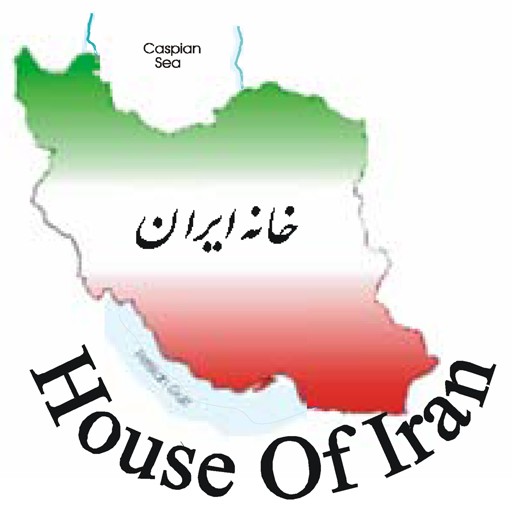Nowruz
The Joy of Coming Together

The joy of coming together with family and friends, the jovial atmosphere of our public celebrations, and the glee of welcoming a new year are what make Nowruz special to Iranians and members of the wider Persian-speaking world. So what is Nowruz?
Nowruz is an ancient holiday that is over 3000 years old and is celebrated by millions of people worldwide from countries as diverse as Albania, Afghanistan, Kyrgyzstan, Azerbaijan, and of course, Iran. Nowruz means “new day” in English, but is commonly known as Persian New Year in the West. Nowruz marks the beginning of Spring.
To mark the arrival of Spring, Persians celebrate Nowroz in a variety of ways. For instance, one of the traditions of Nowruz is to clean our homes before the first day of Nowruz, welcoming the new year with sparkling houses. Some Iranians also believe that a new set of clothes should be worn when they gather around the Haft Seen table to celebrate Nowruz with friends and family. This emphasis on a clean home and new clothes signifies the freshness of spring, with it washed away all the negativity of the year prior.
Haft Seen Table includes seven symbolic items starting with the Farsi letter “S.” These symbolic items represent wealth, health, prosperity, longevity, and fertility. On Nowruz day, Iranians usually make Fish with herbed rice also known as ‘Sabzi Polo ba Mahi’, and eat lots of fresh herbs and greens, which symbolize the renewal and rebirth of spring.". Older people give children Eydi which is new money notes. During the Nowruz holiday, families visit neighbors and relatives to wish each other a prosperous year ahead. They throw parties, share meals and sweets, and sometimes exchange gifts.
Thirteen days after Nowruz, Iranian families travel to the outdoors to picnic and to throw their Wheat Sprouts (they grow to decorate Haft Seen table) into a river, lake, or any flowing water. Since 13 is not a lucky number in Persian culture, Iranian families throw their wheat sprouts into flowing water believing it has absorbed all negativity and bad luck from each home. By participating in this tradition, Iranian families commence their new year with positive thoughts and wishes.
However, this Nowruz will again feel constrained, as we are unable to freely congregate with all members of our families to enjoy the beginning of this new year. Yet, just like the generations that have come before us, we will persevere and continue our traditions at home with the hope that this new year may return normalcy to our lives.
This has been a bitter reality for us at the House of Iran, as our annual Nowruz festival had provided us with the privilege to host thousands of Iranians and be an integral part of our Iranian community’s yearly Nowruz plans. Our festival also offered us the opportunity to proudly celebrate and share our Iranian culture with the rest of the San Diego community via our dances, music, and food.
Perhaps, that is why this Nowruz feels extra special, as our annual wish for prosperity and a new beginning carries even more weight and promise than before. Fate willing, that wish will come true in this Persian New Year. Nowruz Pirouz to you and your family.
Stanley (Rostam) Gonzalez-Martinez
Mojgan Masoomi
Janan Moein
